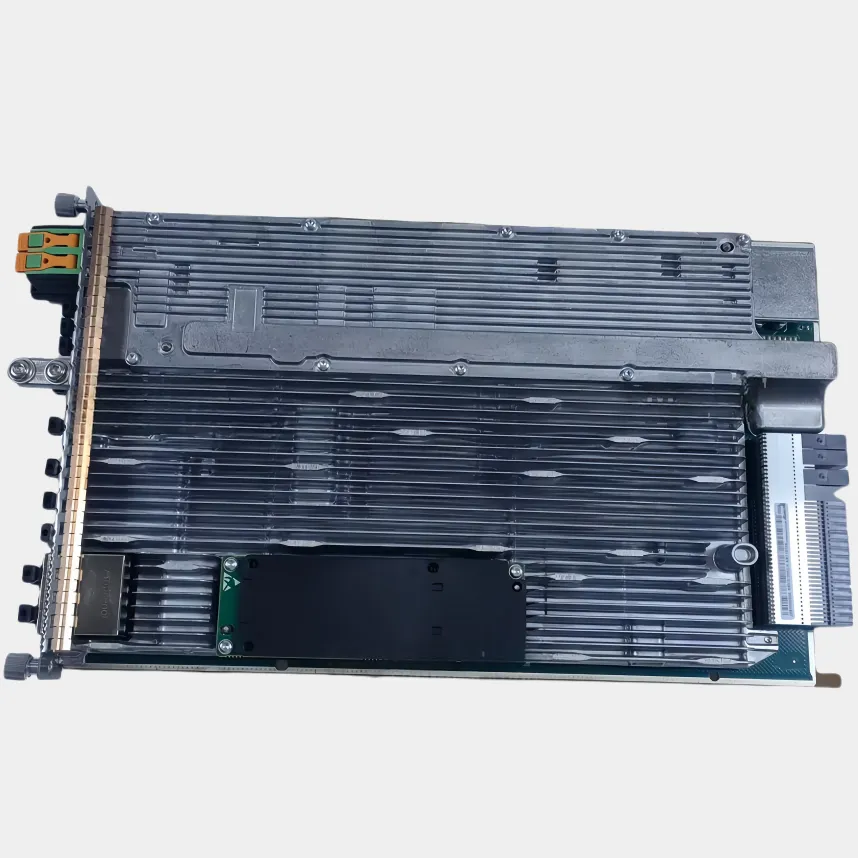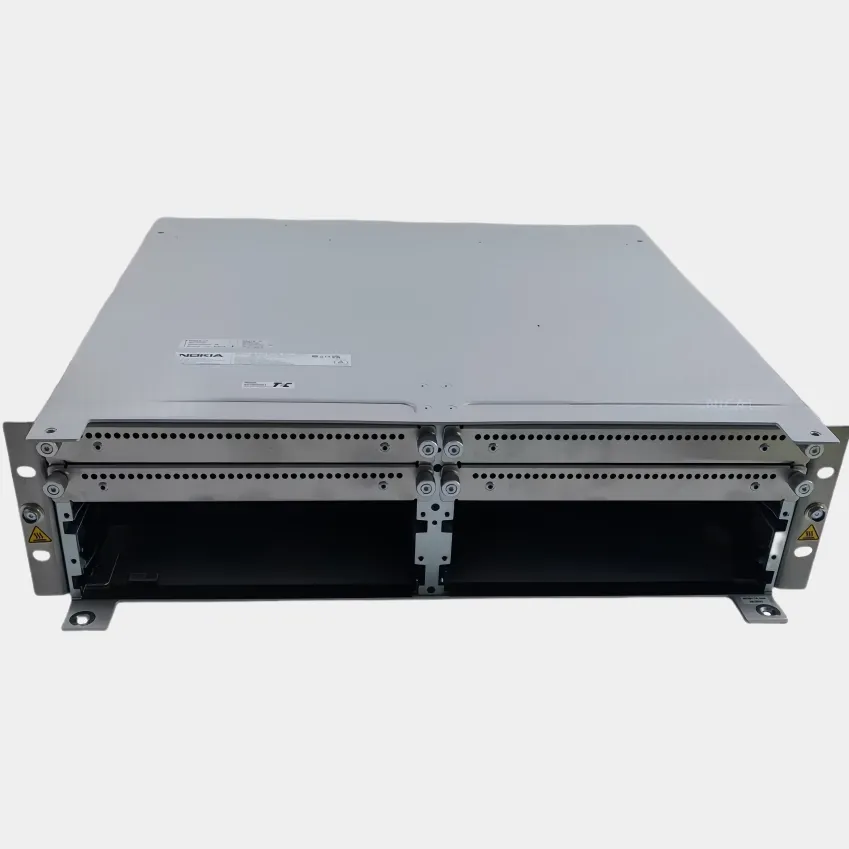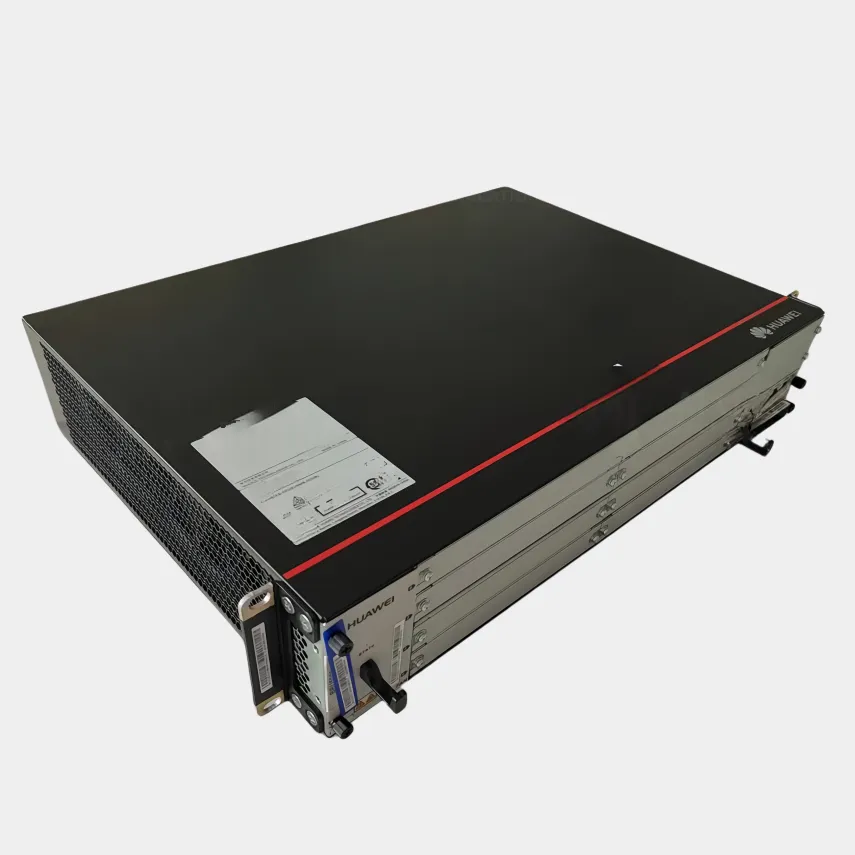BBU (Baseband Unit) supplier quality assurance is a critical framework that ensures the reliability, performance, and compliance of BBU products throughout their lifecycle, from design and manufacturing to delivery and post sales support. As the core component of a wireless communication network, the BBU is responsible for processing baseband signals, managing network protocols, and coordinating with remote radio units (RRUs), making its quality paramount to network stability. A robust quality assurance system begins with stringent supplier selection criteria, including evaluations of the supplier's technical capabilities, manufacturing facilities, and track record in delivering high quality telecommunications equipment. Suppliers must adhere to international standards such as ISO 9001, which sets requirements for quality management systems, ensuring consistent processes in design, development, production, and service. During the design phase, quality assurance involves rigorous testing of the BBU's architecture to ensure compatibility with various network standards (4G, 5G, etc.), scalability to accommodate future upgrades, and resilience to environmental factors such as temperature fluctuations and electromagnetic interference. Prototyping and pre production testing are conducted to identify and rectify design flaws before mass production. In manufacturing, quality control measures include automated inspection systems, statistical process control (SPC), and regular audits of production lines to ensure adherence to specifications. Each BBU undergoes comprehensive functional testing, including signal processing accuracy, power consumption, and thermal management, to verify its performance under different operating conditions. Suppliers also implement traceability systems to track components and materials used in each BBU, enabling quick identification and recall if any defects are detected post production. Post delivery, quality assurance extends to providing detailed documentation, including user manuals, test reports, and certification compliance (such as CE, FCC), to ensure customers can install and operate the BBU correctly. Additionally, reliable after sales support, including technical assistance, firmware updates, and repair services, is a key aspect of quality assurance, ensuring the BBU continues to perform optimally throughout its operational lifespan. For network operators, partnering with BBU suppliers that prioritize quality assurance minimizes the risk of network downtime, reduces maintenance costs, and ensures compliance with regulatory requirements, ultimately contributing to a high quality and reliable communication network.


